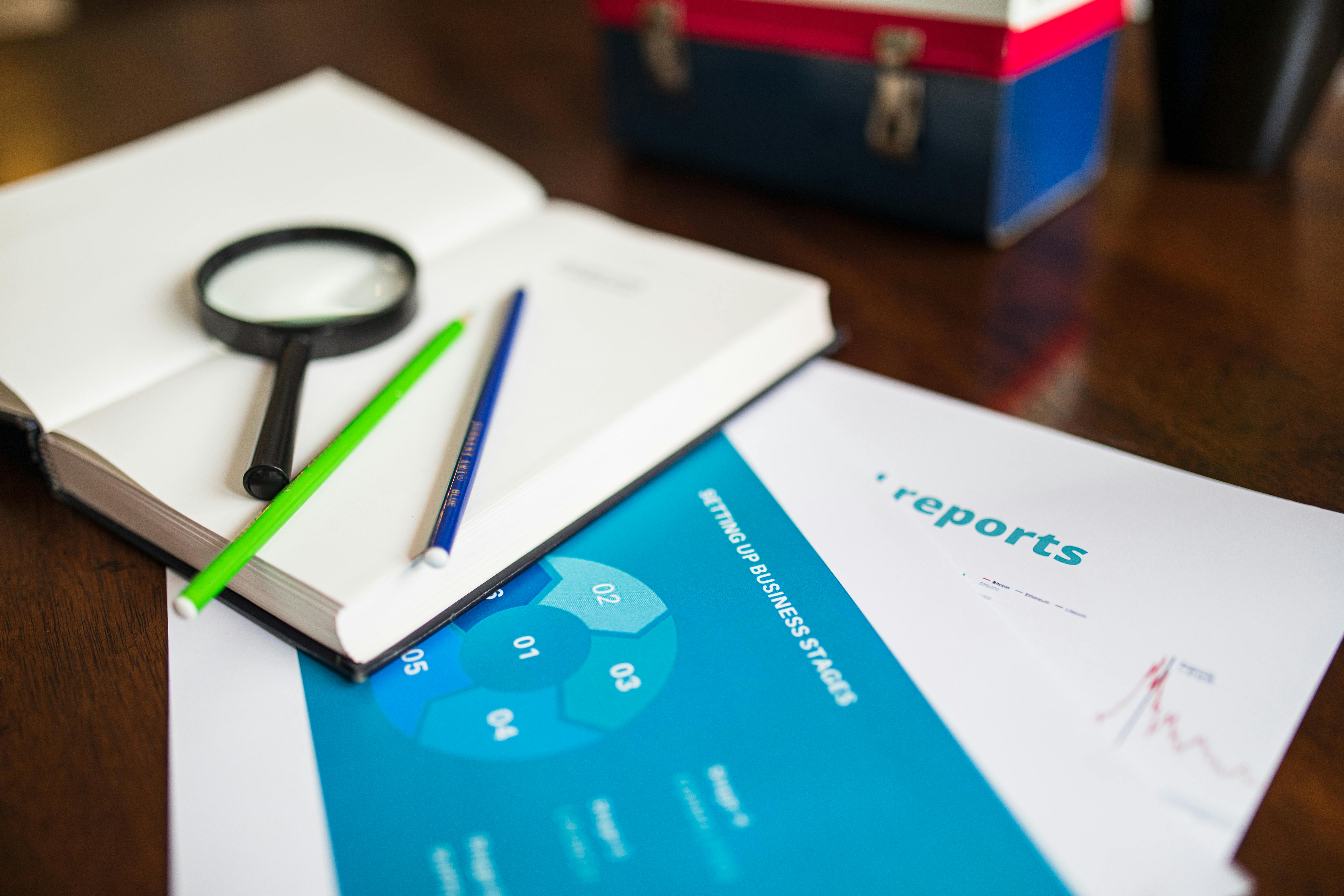June 27, 2022
The Pros and Cons of Deadlines
Deadlines can both motivate and stand in the way of completing goals.

Ross E O’Hara, Ph.D.
About

Distant deadlines can cause procrastination and poor planning, whereas proximal deadlines inspire action.
Complex goals are more likely to be completed when chunked into simpler tasks, each with its own deadline.
Students generally don't like being assigned sub-deadlines, so give them some autonomy in deadline selection.
Deep down inside, all of us know that, without deadlines, not a lot would get done in this world. It comes as no surprise that we attach deadlines to unpleasant experiences, like paying bills or doing taxes, but even actions with huge benefits can "whoosh by" without a deadline. In one experiment, adding a deadline to an interest-free loan for small business owners increased applications by 24 percent and loan receipt by more than 12 percent. Adding a second, “early bird” deadline increased applications by another 26 percent. Deadlines like these motivate action by eliciting a sense of time scarcity, which narrows our focus to the task at hand, stifling procrastination (sometimes) and triggering our fear of missing out.
So, it’s with good reason that we inundate students with deadlines, from early admission to the last day to apply to graduate. Along the way, there are deadlines for the Free Application for Federal Student Aid (FAFSA), essays, scholarships, projects, internships, competitions, and more. But rarely do we consider how deadlines impact behavior, or how to optimize deadlines to help students achieve their goals. Luckily, behavioral science has much to say about the pros and cons of deadlines.
Read on to learn how to best use guidelines to motivate student action.
Subscribe to our newsletter
Stay updated on our latest posts and research-backed insights.
Thank you! Your submission has been received!
Oops! Something went wrong while submitting the form.

Ross E O’Hara, Ph.D.
Chief Learning Officer
Dr. O'Hara is Chief Learning Officer at Persistence Plus, where he applies his expertise in behavioral science to develop scalable interventions that improve college student retention. He has developed motivational and empathetic messaging for college students for over 11 years, and he currently leads a Lumina Foundation-funded action research project on continuous enrollment in community colleges. Dr. O’Hara earned his Ph.D. in social psychology from Dartmouth College and completed post-doctoral fellowships at the University of Missouri and the University of Connecticut. His research has appeared in numerous peer-reviewed journals, including AERA Open and the Journal of Postsecondary Success, and he has contributed to Behavioral Scientist, the EvoLLLution, and EDUCAUSE Review, among others.
%201.svg)






























